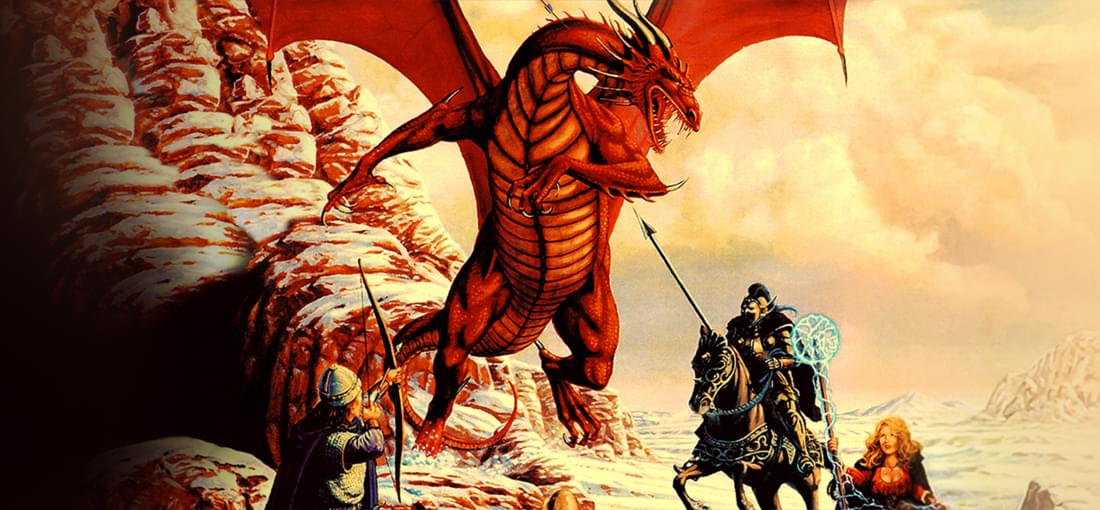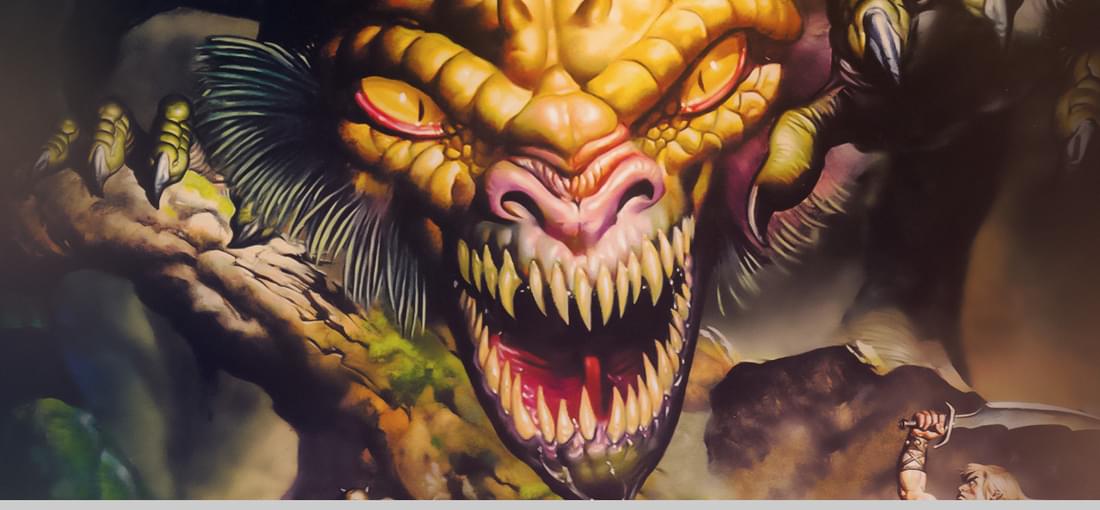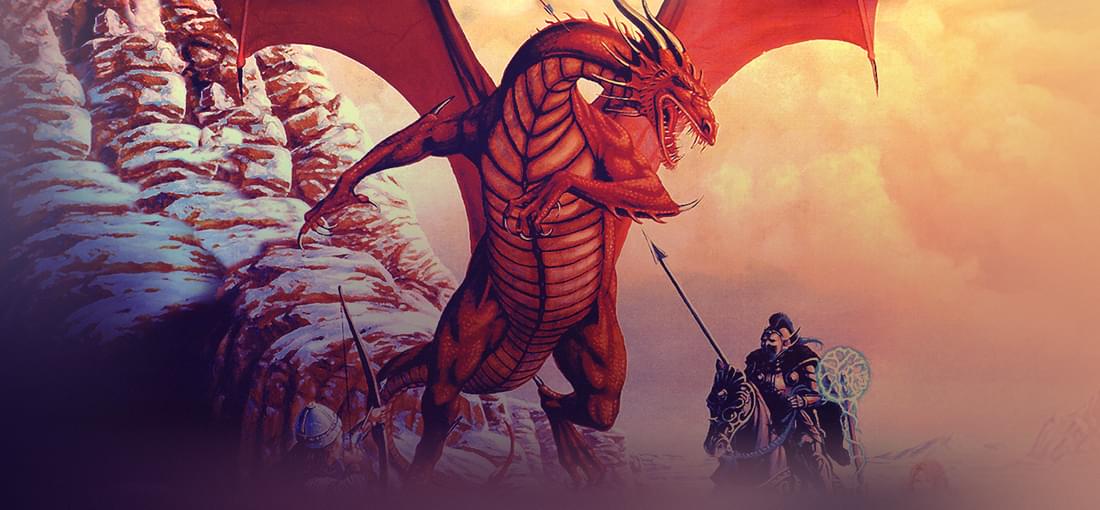


— The setting of Jadame paints the world of Might & Magic with fresh colors. Visiting Minotaur cities and troll villages feels rather exotic, even by today’s RPG standards. But the story itself feels rather weak in comparison with two of the game’s predecessors. — Same sprite figures, same poor textures, same low polygonal forts, and mountains, same very limited draw distance. Mind you, that Might & Magic VIII was released the same year as Deus Ex. — Up to five characters may be in the player’s party, but only one of them can be created at the beginning of the game. In fact, you have only this one hero, and all the rest are hirelings, you meet along the way. — Class special abilities and an option to hire damn dragons to the party make the game ferociously imbalanced, and the combat turns into unchallenging grind too early in the game (relatively to previous games in the series). — Some non-combat challenges have been added into the game: like platforming sections, for example. Jump over the chasm here, jump onto the moving platform there, that sort of stuff. It just that the jump mechanics have remained here the same since Might & Magic VI, and it was used there just to save your party from occasionally getting stuck between the textures. So yeah, those platforming sections are quite a pain in the ass. — The interface have been renovated, mostly through getting rid of the side panel. It made it somewhat cleaner looking. — You can play Acromage in the taverns, and there is no boss fight in the end: just an old-school puzzle to solve. And there’s pretty much everything new you can tell about Might & Magic VIII. The rest of the game systems remained unchanged. So on the dawn of the new millennium, Might & Magic series has been showing some vicious signs of stagnation.

The plot is probably the strongest aspect of the game. It continues the story of Might & Magic VI; it sheds the light upon fates of heroes of Might & Magic III; it moves alongside the story of Heroes of Might & Magic III: The Restoration of Erathia and prepares the ground to its addon The Armageddon’s Blade; it presents the player a moral choice, the consequences of which really matter. All of the rest though haven’t much changed since The Mandate of Heaven. The same engine with a tweak to further support hardware acceleration made the traveling feel more fluid, but aesthetically something had happened here in Might & Magic VII. Something not good. The world became less colorful: it’s bleak, it’s grey, it’s visually boring. I don’t know, maybe that’s how the Antagarich was designed with all of its swamps. Still, even its most bright locations pale in comparison with those of Enroth in Might & Magic VI. Also, look at those portraits! Straight from the uncanny valley. Compare them with eclectic deliciousness of ones in The Mandate of Heaven. Nuff said. At least the music is still great. Gameplay remained pretty much the same, expectedly: if it ain’t broke, don’t fix it. Still, there are some minor changes implemented, which slightly improve the formula. Might & Magic VII had its own card mini-game sixteen years before the Witcher’s Gwent. Just solve some early sidequest, find a deck of cards, and on you go: every Antagarich’s tavern will gladly host a game of Acromage for you. But apart from that, Might & Magic VII didn’t bring much new to the table. It made some accurate tweaks to mechanics, deepening and polishing the gameplay; but deprived the world of Might & Magic of its magical atmosphere, making it bleak and faceless.

Might & Magic VI had a massive success upon release. And no wonder: it adjusted the traditional Might & Magic playing routine to the demands of the zeitgeist and scored. Although, in my humble personal opinion, the game lost some of the series’ uniqueness along with that. It became more mainstreamy, I suppose, with much fewer puzzles and more grinding combat. There is even a proper boss fight in the end. Still, The Mandate of Heaven remains one of the best entries in the series, and a small amount of its flaws pales in comparison with a horde of its strengths. *For my full (pretty long) review of Might & Magic 6,7,8: https://bezdarbor.com/2019/11/06/mightmagicpart2/ **For my review of the first five games in Might & Magic series: https://bezdarbor.com/2019/10/14/mightmagicpart1/